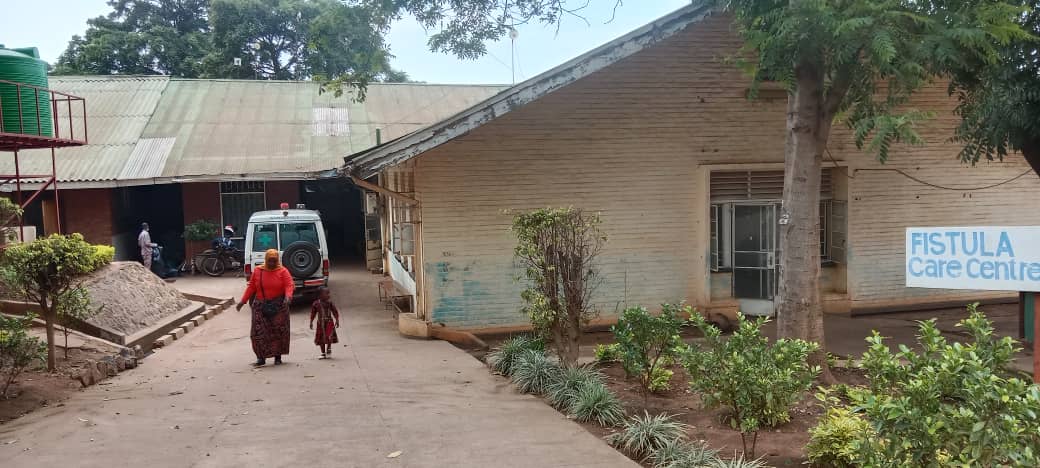Benson Kunchezera (Lead Writer)
At only 15 years old, Sophie Mbewe, now 34, lost her child, and for almost nine years, she suffered persistent disgrace and shame. “I gave birth when I was only 15 years old, but I lost my child,” she said.
On a sunny Monday afternoon in 2005, Mbewe started showing labour signs in her home in Mchinji, just 109km east of Malawi’s capital, Lilongwe. According to her, they had travelled more than 100km to reach a better-equipped health facility. However, due to her young age, her pregnancy had complications, Mbewe said.
“After giving birth, urine started leaking uncontrollably…I was being discriminated against by my family, friends and everyone else around the community,” Mbewe narrated. Following this incident, Mbewe had lived hopelessly, without resources or support from anyone.
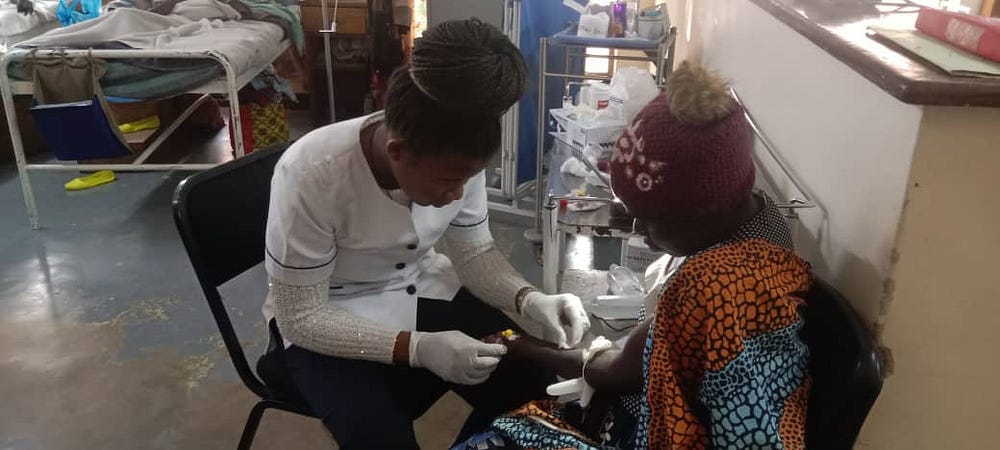
However, in March 2014, Mbewe “stumbled upon” a radio programme sponsored by the Freedom from Fistula Foundation, where she learned about the signs and symptoms of obstetric fistula. Noting the similarities with her experience, she appealed to a neighbour to support her with the transport fare to receive treatment at Fistula Care Centre in Lilongwe. “I asked people for directions, and the moment I saw the hospital’s entrance, I felt relieved,” she explained. For one month, Mbewe was admitted to the hospital, where doctors cared for her.
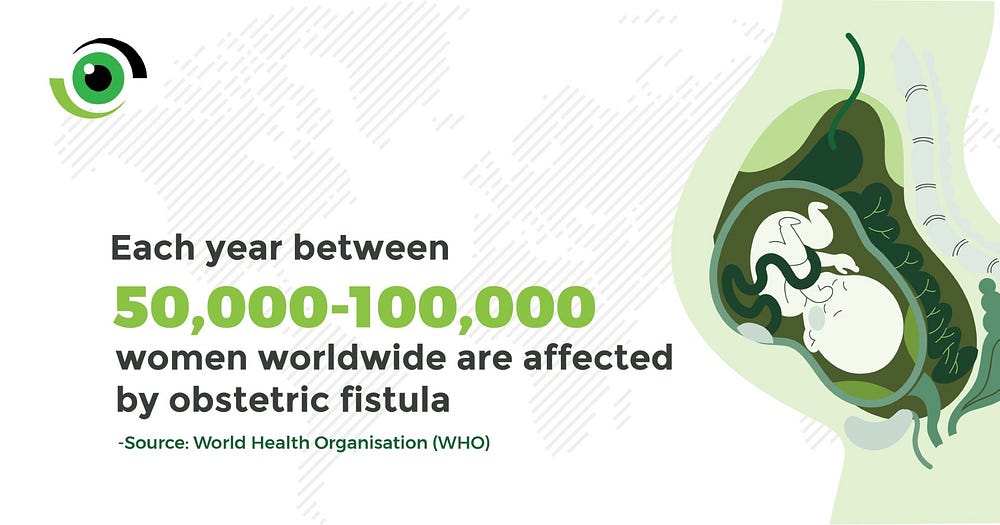
Each year between 50,000–100,000 women worldwide are affected by obstetric fistula, an abnormal opening between a woman’s genital tract and her urinary tract or rectum. The development of obstetric fistula is directly linked to one of the major causes of maternal mortality — obstructed labour without access to timely, high-quality medical treatment. Women who experience obstetric fistula suffer constant incontinence, shame, social segregation, and health problems like Mbewe.
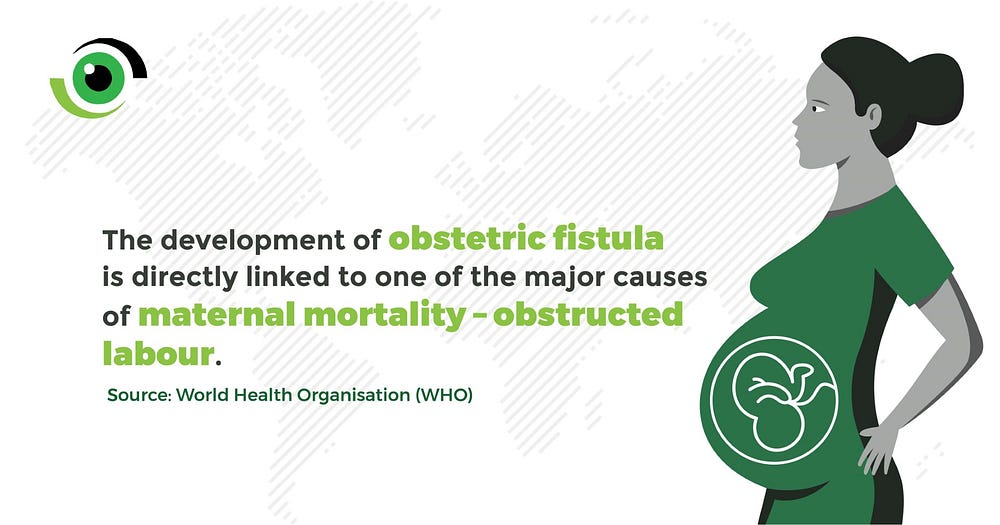
The obstetric challenge
It is estimated that more than 2 million young women live with untreated obstetric fistula in Asia and sub-Saharan Africa. Lack of skilled medical care or delays in seeking medical attention can cause obstetric fistula, a devastating condition that occurs when there are complications during childbirth, according to Thoko Naunje, a nurse in charge at the Bwaila Fistula Centre, Malawi.
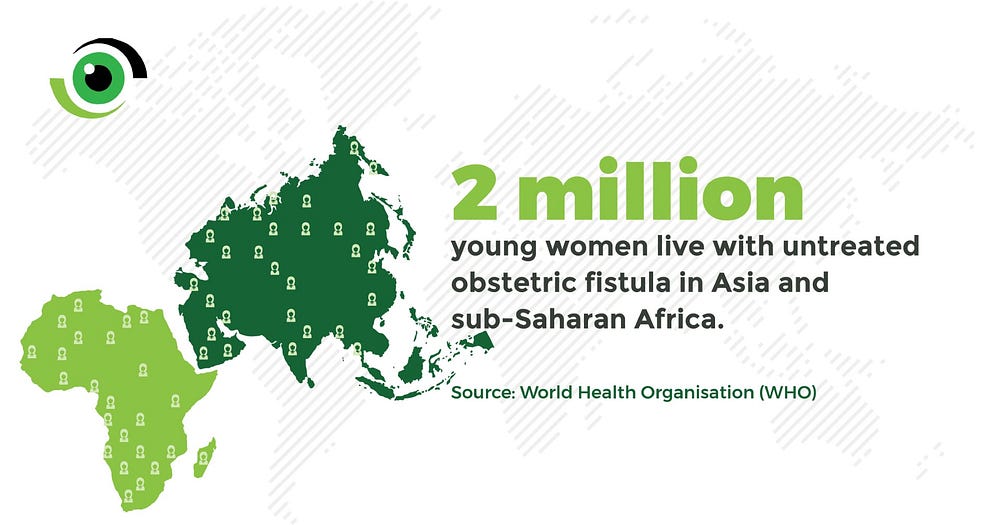
According to Naunje, cases of obstetric fistula are still rising because health systems fail to provide essential and emergency obstetric care during pregnancy and childcare. She stressed that more cases are being recorded, and more teenage girls are susceptible to this condition because many of them believe marriage to be the key to obtaining financial freedom.
Childbearing in adolescent girls before the pelvis is fully developed is among the physiological factors contributing to prolonged labour, according to the United Nations Population Fund (UNFPA). However, beyond that, lack of awareness, fear of stigma and lack of emergency treatment in most rural areas are some of the issues women with obstetric fistula in rural Malawi face.
Freedom from Fistula Foundation (FFF) — Lending a hand
The Freedom from Fistula Foundation (FFF) has been helping thousands of women in Africa battle obstetric fistula every year across its project sites in Sierra Leone, Malawi and Madagascar. The Fistula Care Centre in the Bwaila Hospital in Lilongwe, Malawi’s capital, is one such site and the programme has been underway since July 2010.
Currently, the Bwaila Fistula Centre receives many women with obstructed/prolonged labour, which has been highlighted as one of the causes of obstetric fistula. The centre handles five to six patients daily at the Bwaila Care Centre in Lilongwe, representing between 150–160 women a month.
According to the Freedom from Fistula Foundation (FFF Centre Director) Margaret Moyo, when the programme commenced, they discovered that there was a lack of awareness about fistula among women. They began a radio programme called “Health Talk” to educate women, bringing in experts and survivors to talk about fistula, its signs and symptoms, and how to get help at the Bwaila Fistula Centre, Malawi.
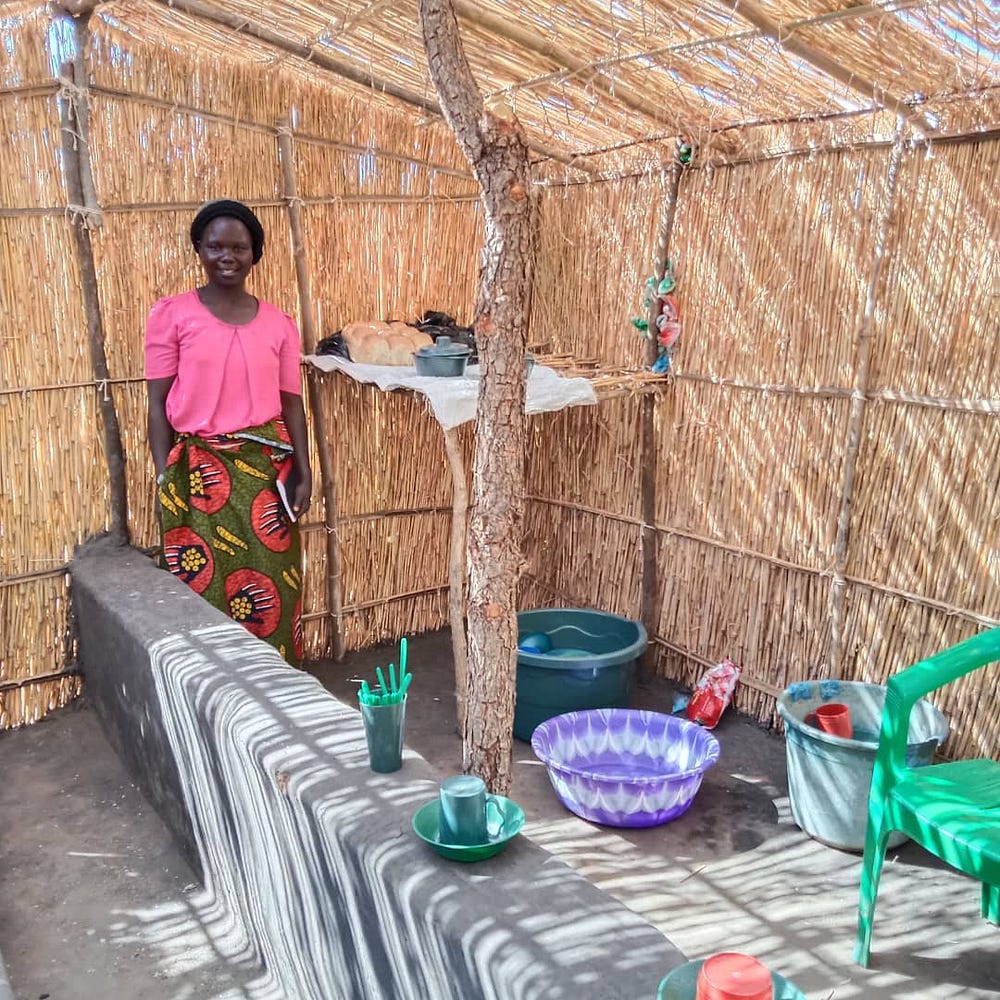
The programme also engages survivors like Sophie Mbewe as Patient Ambassadors, empowering them to go into the community to encourage women to listen to the radio show. This way, when a woman realises that they have similar problems as indicated in the programme, they notify the Patient Ambassadors, who are always available in the communities. The Patient Ambassadors then contact the Bwaila Fistula Centre, and sometimes, the centre provides money to women who cannot afford it to cover their transport costs to enable them to receive care through corrective surgeries.
From 2015 to date, the Centre has managed to conduct over 4,000 fistula repairs, representing 86% of all those who turn up for attention. The remaining 14% refers to women who had symptoms similar to fistulas but were not actually fistulas.
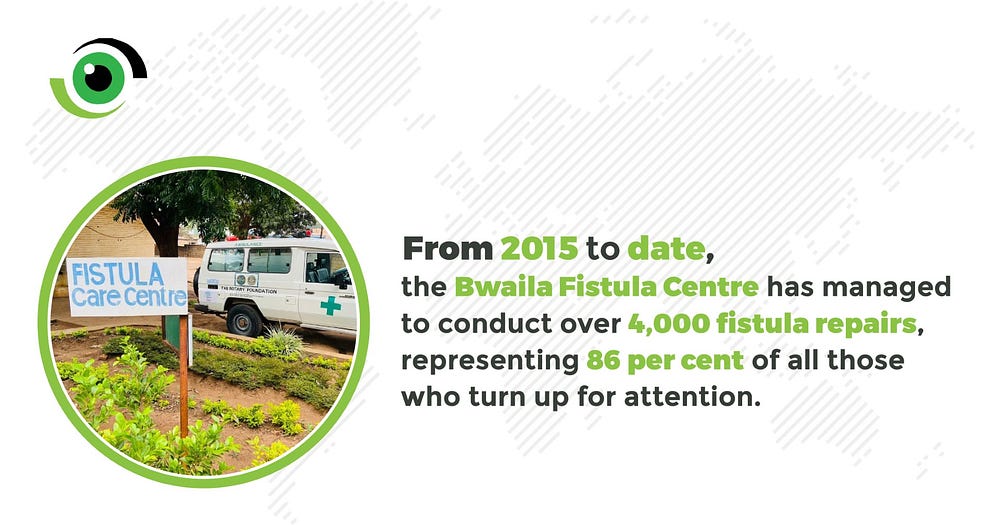
Empowering survivors
Currently, Mbewe is employed at the Centre as a mobiliser and has been provided an opportunity to earn a living. Women are also given loans to start small businesses, following their procedure to empower them to sustain their lives, as they try to reintegrate into their communities, Moyo shared.
“These survivors have also been helped economically. They are being given solar charging stations to light their homes and also make money through charging phones at a fee. We have received a donation of sewing machines. Some are sewing reusable pads,” explained Moyo.
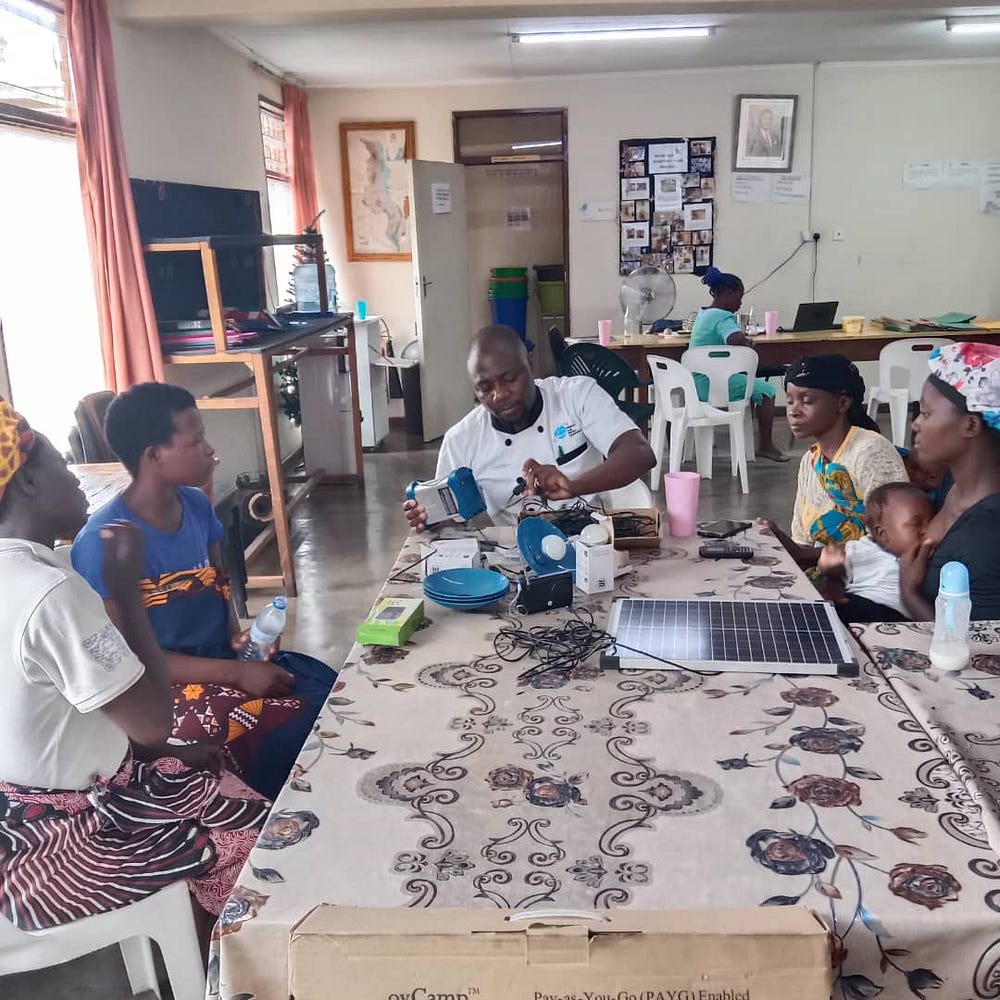
“My life has completely changed. Apart from working here, I have built two houses. I receive money for rent every month,” said Mbewe happily. The Patient Ambassador programme has been key in bringing almost 50% of patients to the Centre each year, with more than 250 former patients or their family members acting as FFF Ambassadors in their communities.
So far, the Freedom from Fistula Foundation (FFF) has saved women from chronic medical conditions through awareness campaigns that help them detect signs and symptoms of obstetric fistula. Previously, women were unable to visit hospitals due to logistical problems, and this is why the foundation provides motorbikes and encompasses a patient rehabilitation, education and empowerment programme that includes access to micro-finance, a solar project, literacy and numeracy classes, as well as lessons in arts and crafts.
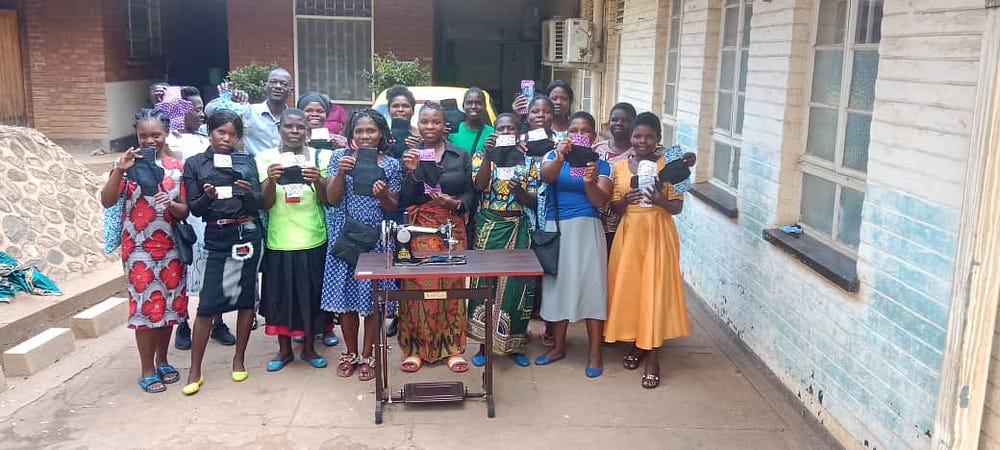
Partnership for Progress
The United Nations Population Fund (UNFPA) and its partners launched the Global Campaign to End Fistula in 2003 to address the unacceptable human rights and equity dimensions of battling obstetric fistula.
The Freedom from Fistula Foundation (FFF) partners with the UNFPA Malawi to run capacity-building programmes, training clinical officers and nurses from target districts to identify, screen and refer fistula patients. For example, healthcare students are being trained to repair minor fistulas at their health facilities while complicated cases are referred to the Fistula Care Centre for treatment.
The UNFPA Malawi also provides medical supplies, hygiene products, and funds for fistula prevention, treatment and social reintegration programmes. The fund also strengthens maternal health and emergency obstetric services to prevent this injury from occurring in the first place.
“Of course, we have other partners that are helping us, but the numbers are increasing, and the space that we have is not enough to accommodate more patients,” Naunje said.
However, just like many other initiatives, the COVID-19 pandemic affected sensitisation programmes and the scale-up to other regions in Malawi. However, there are plans to cover more districts in other regions of Malawi and create community sensitisation programmes that ensure women and girls from across Malawi have access to their permanent services.
Ending the shame and overcoming the challenges
Many women continue to face socio-cultural stigmatisation even after they have undergone treatment and when they attempt to reintegrate into their lives. Like many other patient survivors, Bertina Mwabwela has not been spared from the “name” and “shame” stigma due to the uncontrollable leaking of urine. Mwabwela, who hails from T/A Kabudula, Chipingasa village in rural Lilongwe, had lived with fistula for 31 years since 1981 without knowing.
In 2010, after a series of unsuccessful operations at the at the Kamuzu Central Hospital, her husband heard about the Bwaila Fistula Care Centre on the radio, where they managed her case. According to her, most people in her village called her a “witch” for suffering from fistula. In her case, Mwabwela gave birth to a stillborn and was referred to a more equipped hospital. Unfortunately, she was referred too late and developed a fistula soon after delivery.
Although surgery can repair the physical damage of a fistula, “the devastating consequences that affect a woman’s quality of life may persist when she reintegrates into her community,” Moyo said.
Mwabwela’s husband initiated a divorce because she was told to wait for six months before engaging in any form of sexual intercourse to enable the wound from the operation to heal and for her to fully recover.
But stigmatisation is just a fraction of what these women face. To end maternal mortality globally, sustained investment should be made to scale such initiatives if we are to ever achieve our target of reducing the global maternal mortality ratio to less than 70 deaths per 100,000 births by 2030.


